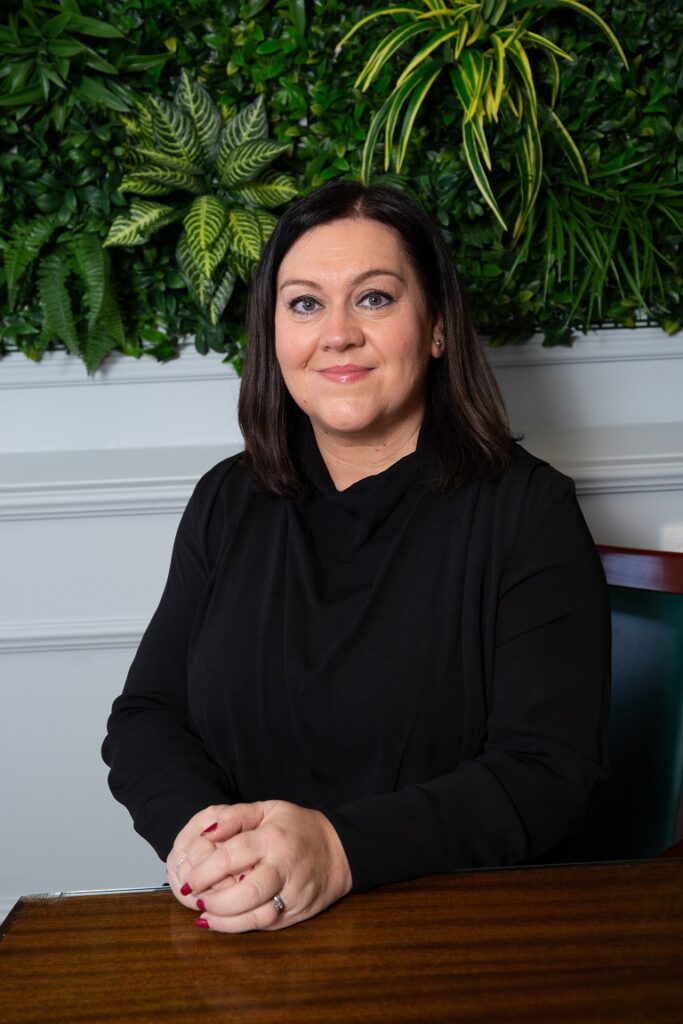- Work Hard
- 26th Mar 2022
- 1.1k Views
- 0
- 1 minutes
Here’s everything you need to know about writing a Will – from one of the top law firms in Newcastle

As one of the best law firms in Newcastle, Samuel Phillips Law are one of our most esteemed Experts in Residence. Here, their Senior Associate and Head of Wills, Probate and Trusts, Hayley Young, shows us just how easy it is to create a Will.










Comments